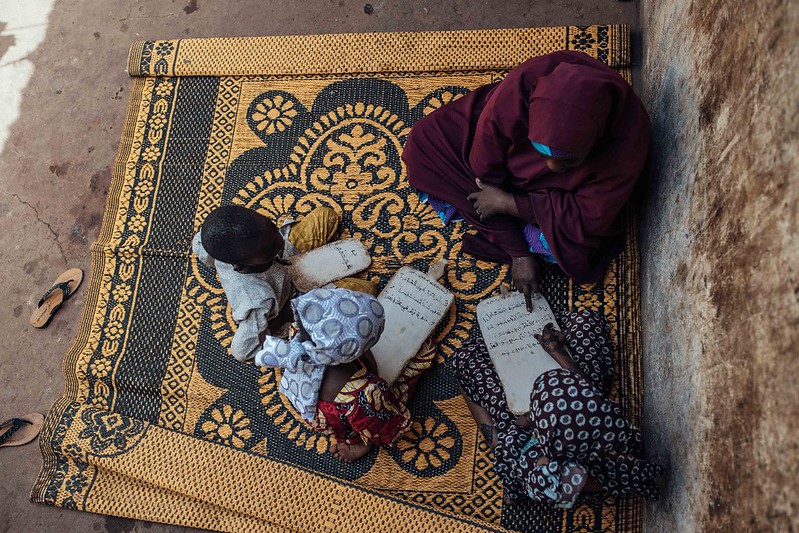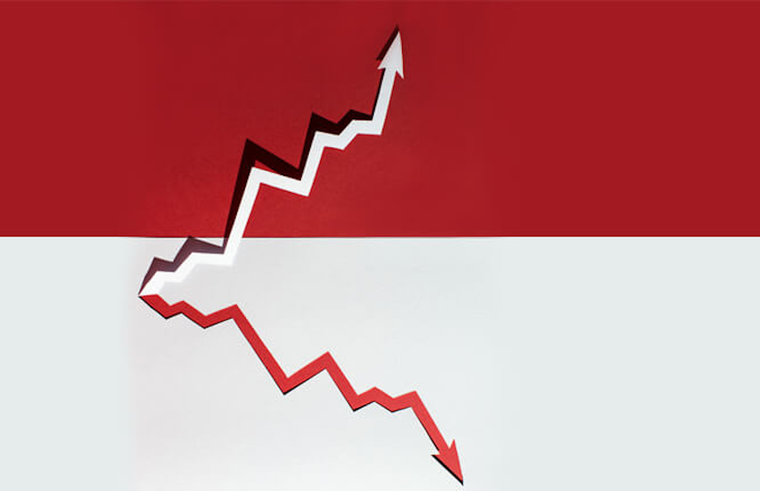MSc Development Studies alum Alejandra Padin-Dujon shares a personal reflection on the complexities of ‘brain drain’. This article first appeared in Ale in Antigua.
My mother is from a small West Indian island that was a British colony till about 40 years ago, and she came from humble beginnings. After attending the University of the West Indies (UWI/”yew-ee”) and going home to work as a civil servant, she eventually found an opportunity to study for a PhD in the U.S. She took it. Several years later, she became a U.S. citizen. It’s a classic higher education immigrant story.
My mom is not unique for her generation of Caribbean professionals – or indeed, for any ambitious generation from a developing country where gains in access to higher education aren’t matched by stable employment. For many, “making it” is synonymous with leaving. In my own family, an aunt and an uncle left the Caribbean, settling and naturalizing elsewhere. My grandmother was initially mystified that I, the prodigal American daughter, would return. This is Brain Drain: West Indies Edition.
Brain drain is when governments invest in human capital (especially through education), and then these human “investments” – these educated individuals – leave the country to apply their endowments elsewhere. Caribbean professionals’ flight from the Caribbean hemorrhages talent that could build and diversify local economies.
The picture is, of course, more complicated than that – even economically speaking. Emigration to the “developed” world necessitates the training of new generations of professionals, thereby stimulating broad domestic investment in education. Remittances support the economy “back home.” Without jobs, however – the right kinds of jobs, outside government and tourism – the engines of Caribbean education produce a lot of exports.
In all this, I am a bit of a reverse-export: a good transported away in my mom’s generation and then returned in this one, which the Antiguan government is now enriching, in a sense, through an edifying employment opportunity. I feel no guilt for leaving the U.S. When I leave the Caribbean, however, it will be with a sense of moral commitment.
This sentiment has very little to do with identity: I am a West Indian woman by descent and by citizenship. I could leave the Caribbean for good and still be West Indian. Neither is it a kind of self-important noblesse oblige. I don’t kid myself that I, personally, am equipped and deputized to save whole islands. No, it’s a mix of inspiration, privilege, and quid pro quo. I have gained much from being in the Caribbean – skills, professional legitimacy, a sense of purpose – and as a result, I want to be part of the vanguard of young Caribbean people who apply their skills to the betterment of human conditions here. It’s my unencumbered choice.
My grandmother eventually understood why I “came back” to the Caribbean, and she approves, in large part, because I benefit: I’m pursuing an advantageous opportunity, in my field of study, during a global economic crisis. I’m not a vulture: my driving goal is to do good. Yet I refuse to point fingers at Caribbean people who leave to pursue opportunity, because I pursued my best opportunity: it’s here. We, the Caribbean Americans, Canadians, Brits – we, the development practitioners from all corners – we can leave the scorn for “brain drain” professionals at the door. Those of us who come back are spoiled for choice, and that makes all the difference.
The views expressed in this post are those of the author and in no way reflect those of the International Development LSE blog or the London School of Economics and Political Science.






I totally resonate with you. I pursued courses abroad and then returned to work in an NGO in my small hometown. It wasn’t because of a moral obligation. It was beacuse this decision benefitted me the most. It gave me a sense of purpose.